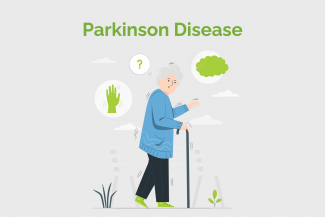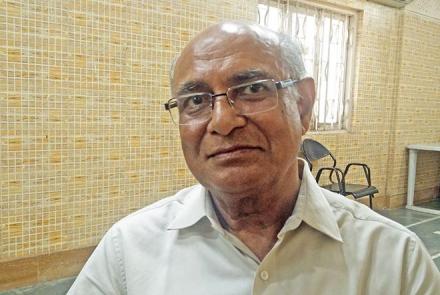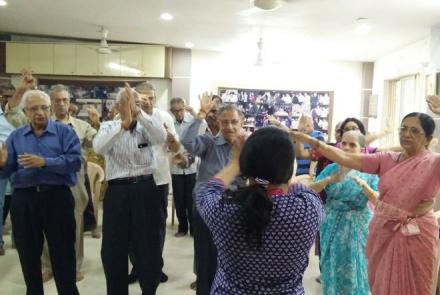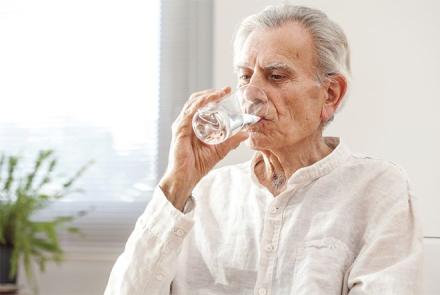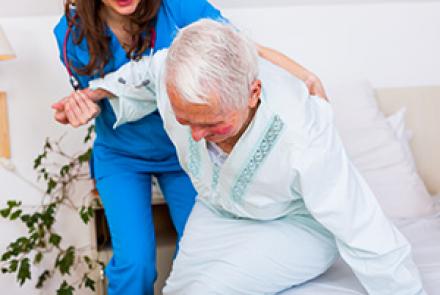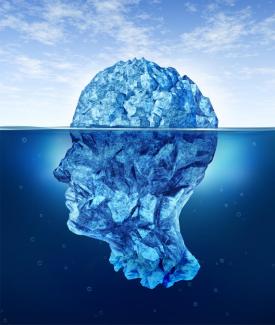
Parkinson’s disease is a progressive neurodegenerative disorder caused by deterioration of nerve cells (neurons) in the part of the brain called the substantia nigra. The death or damage to the nerves and the central nervous system causes deficiency of one of the important chemical neurotransmitter or messengers called dopamine. The lack of or decrease in the dopamine levels hinders the brain from sending signals to other cells within the brain and muscles. Movements tend to slow down or difficult to control, and hence this is also called a Movement disorder. Parkinson’s is the most common motor and movement related brain disease.
Parkinsonism is a broad umbrella term that includes all movement disorders. This means that any disorder which has the symptoms of slowness (bradykinesia), stiffness (rigidity), tremor, and balance issues (postural instability) belong to this broad category.
An estimated 8.5 to 10 million people worldwide are living with this disease. Earlier known as a disease of the western world, in the last 2 decades, India has seen a rise in prevalence to around 300-400 people per lakh population. These numbers are projected to grow sharply as people are now living longer. However, this idea of it being an illness of the elderly has been challenged in recent years as more and more younger people, below the age of 40 years are getting effected by this disorder. This is termed as Early or Young-onset Parkinson’s disease.

Can Parkinson’s disease be fatal
Parkinson’s disease is not considered fatal. Patients cannot perform daily movement tasks unaided due to gradual worsening of symptoms, thus there is decrease in quality of life.
Diagrams by Dr Meenakshi Krishnan

